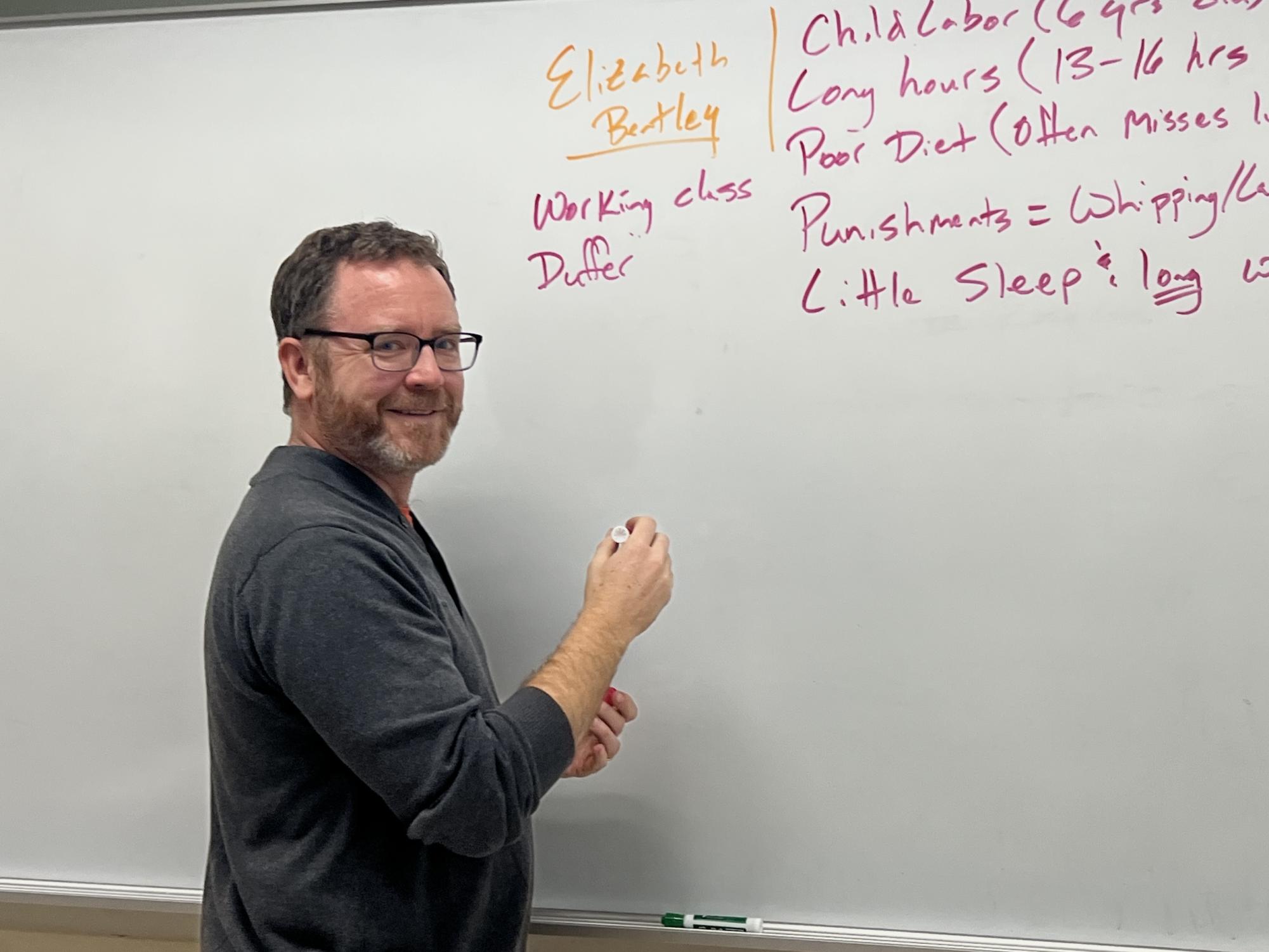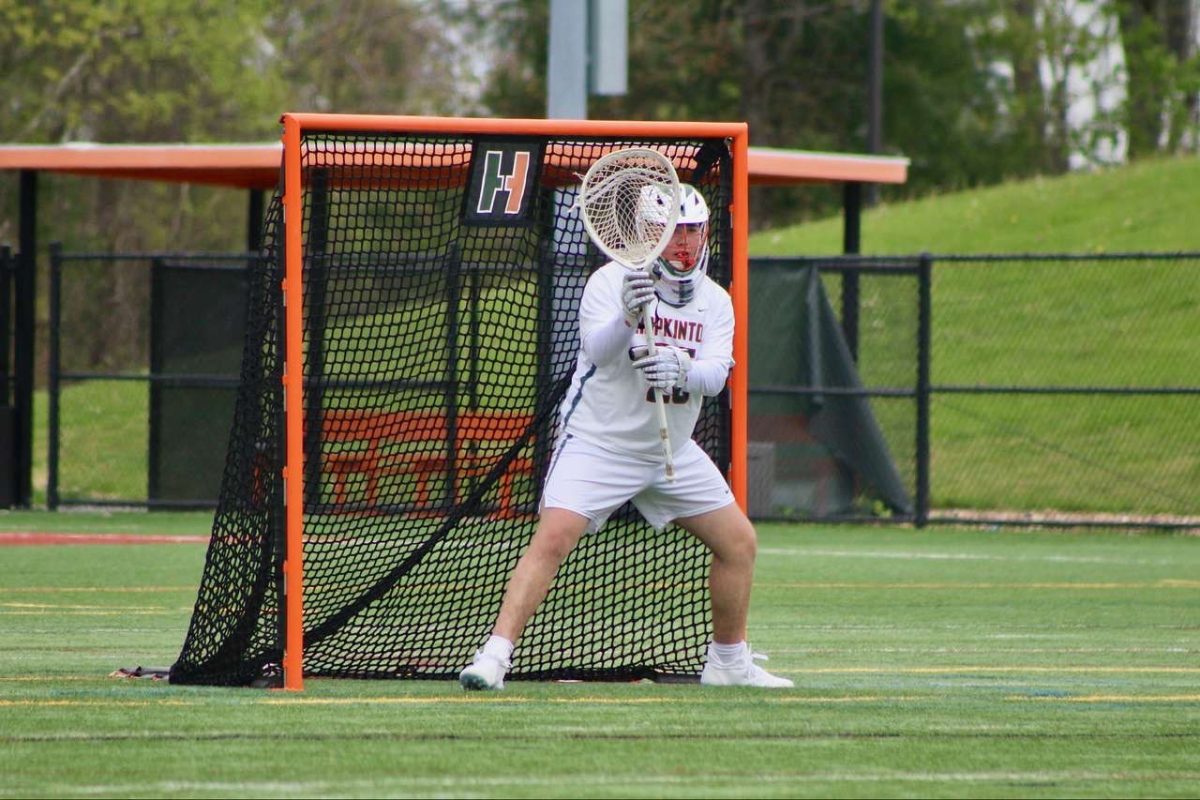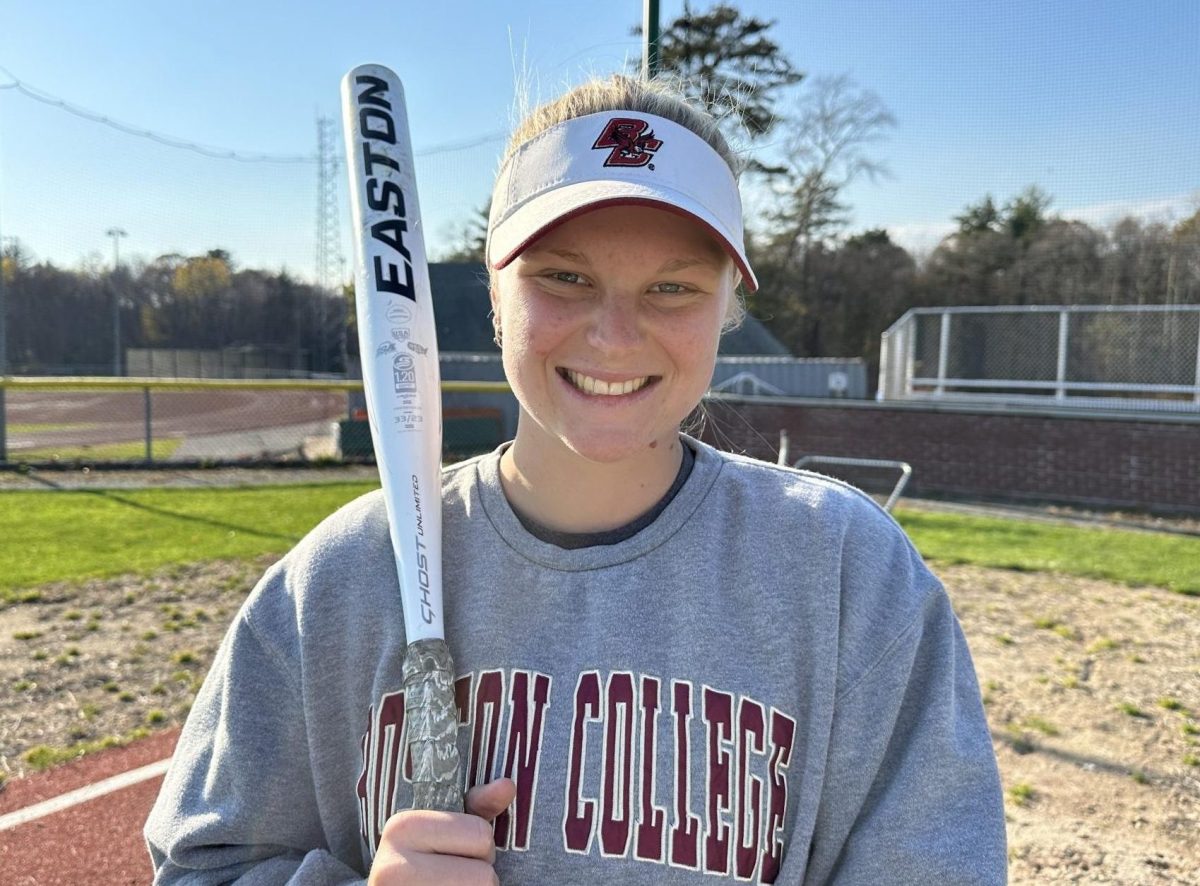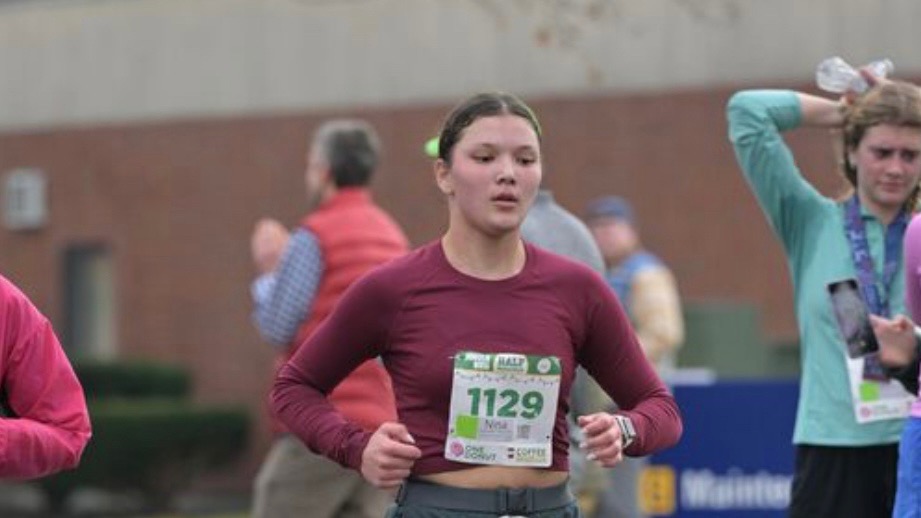History teacher Mr. Wilander’s love for history sparked when he was just a kid watching a 70s show called “Kung Fu.” In fifth grade, his love grew when he learned about the explorers coming to the Americas.
“I remember looking at this big ocean and being like, wow, people sailed across that not knowing what was on the other side,” Wilander said.
In college, Wilander took the initiative of his education, majoring in history and minoring in religious studies, while formulating his own Asian studies program. Wilander took political science classes that compared American and international governments where he focused on comparisons between Asian nations.
In his third semester of college, he sought out a chance to study abroad in Japan, being the first student in his school to enter an exchange program.
After college, Wilander spent two years living abroad in Japan, working as an English teacher.
“I’d always been interested in Japanese culture. I studied martial arts when I was a kid. Zen Buddhism, Samurai gardens, just the whole culture felt interesting to me.”
Wilander approached this chapter of his life as a challenge.
“I realized that traveling wasn’t just to go see cool stuff, I saw traveling as a growth opportunity.”
“Traveling where you don’t speak the language, where you don’t know anybody, you really got to learn to adapt, learn to improvise, and learn to communicate with people.”
As an English teacher, Wilander gained an understanding of the hidden curriculum in Japan.
“The hidden curriculum is an idea that schools don’t just teach math, science, history, and English, but the way we teach and the assignments we give is training the kids for the culture.”
“One of the things I thought was cool was they had a lot of group projects and Japan’s a very collaborative culture.”
While on that side of the world, Wilander traveled to neighboring countries including Korea, China, Nepal, Vietnam, Thailand, and many more. Thailand served as a hub for his travels to fly in and out of.
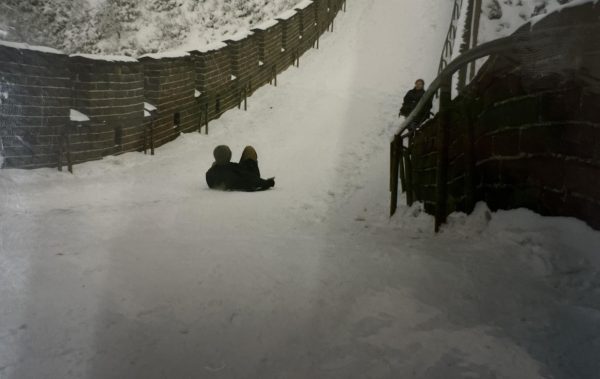
Friend and colleague, Mrs. Allberry, noted that Wilander told a lot of stories about his travels.
“He has shared a lot of how it is different from United States culture. And his appreciation for authentic Japanese food is really significant,” Allberry said.
After his travels in Asia, Wilander came back to the US where he now teaches the 9th grade and AP levels of Modern World History.
Wilander truly felt a difference between visiting a different place for a few weeks compared to living there.
“It affected my personal values and political beliefs. It just impacted my outlook on life in a lot of ways.”
One of those ways is teaching.
“Teaching abroad helped me realize what students are learning on a deeper level than just trigonometry.”
Allberry experienced Wilander’s holistic approach to teaching from a fellow teacher’s perspective.
“Wilander helps other teachers to see the big picture. The big picture of the history and why studying history is important in terms of helping students develop the necessary critical thinking skills they’ll need in other classes and later on in life.”
From a student perspective, Connor Dorfman, a student of Wilander’s for two years found his teaching style very effective.
On top of noting the interactive activities Wilander used in class to help the students’ understandings, Dorfman mentioned, “He definitely coveys his message well. He is an active speaker and was always walking around the classroom.”
“His overall knowledge of history is very impressive,” Dorman stated.
“He always knew the answer to a question and sometimes I’d ask some niche questions, but he usually had a pretty good answer.”
Not only is Wilander an active and passionate person in the classroom, but, he also carries the same energy outside.
English teacher and friend of fifteen years, Mr. Franchock said, “I think most of the teachers I know, he’s probably one of the most pretty much the same in and out of the classroom people I know.”
“I think a lot of teachers have kind of their own teacher image that they’re conscious of, but I think he is one of those people that’s very much himself, no matter what the situation is.”
Allberry and Franchock also found Wilander’s relationships with his students significant.
“It all affects him, you know, positive and negative things that happen around here. He’s very invested in his students. And when things go well, he’s the first one that’s excited for them. And when things are really difficult, he’s one of the first ones to show sympathy, empathy, and compassion as well.” Franchock said.
Dorfman is an example of a student with a positive relationship with Wilander as after his second year in one of Wilander’s classes, Dorfman asked him to write his college recommendation letter.
“I had a pretty good relationship with him.”
Franchock also explained he is similar in his relationship with his students as he is with his friends.
Wilander’s life now is busy with a family and work, but he still finds time to travel. He and his wife take their kids on road trips and Wilander enjoys riding his bike in new places.
“One thing I admire about him is that he embraces the adventure of life,” Franchock said.
“What I learned from somebody is that adventure is defined as doing anything where the outcome is unknown. And I think what I’ve tried to do is keep adventure in my life,” Wilander said.

